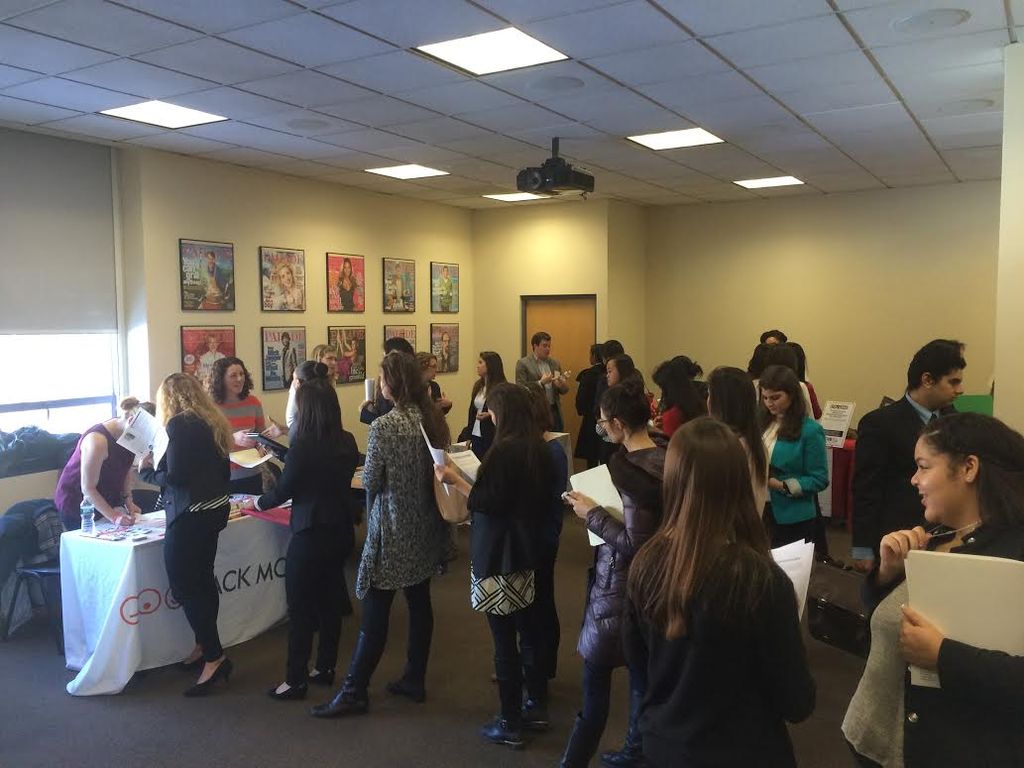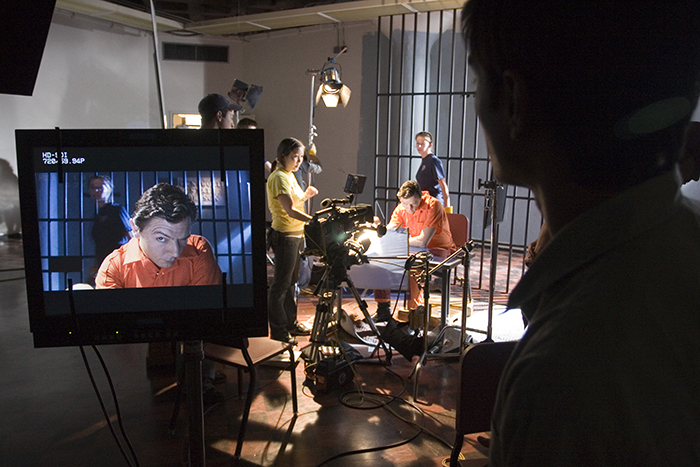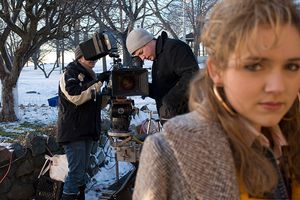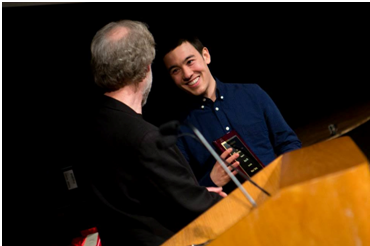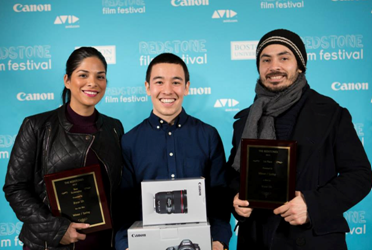By Gina Kim
MS Journalism ’16
BU College of Communication
The end of March means a lot of important things, but most of all, it reminds us that COM students have to pick out courses for the Fall. With just a month to go with our current Spring 2015 courses, it’s quite daunting to realize that we have to start planning out our final semester at COM. In the midst of advising appointments, checking off that list of whether we fulfilled our required courses for our disciplines, and beginning to sketch a broad outline of what our possible graduate theses will be in the fall, we often forget that there are certain courses that may not be required for most students, but will still be important to take nonetheless.
Professor Mark Kramer’s JO 527 Art of Non-Fiction Narrative Writing course is just one of many great writing classes that is welcome to all COM students, whether you’re Print, Broadcast, or even an undergrad student. It’s for anyone wishing to hone in on their already superb writing skills or to learn a completely different craft. It fulfills a student’s desire to understand the intricate mechanics of writing in such a way that cannot be taught by reading published examples alone. It’s something to constantly practice, sharpen, and eventually add on to your mile long list of skill-sets to boast about when you’re thrust into the industry.
Michelle Marino, a final semester Print Journalism graduate student at COM is currently enrolled in JO 527, where she’s been learning how to write for an audience, getting readers involved and practicing how to build upon a single great idea.
“Going into it, I knew it’d be a rigorous class that demanded lots of attention and sleepless nights of re-drafts and rewrites. I’d already taken Feature Writing last fall with Professor Ruppel-Shell, and it changed my life. I decided to take Non-Fiction Narrative as well, because I wanted to tell a more compelling story but in a different way. Narrative is about informing and educating people while still presenting them with hard facts,” she said.
There’s a lot to take away from a course like non-fiction narrative. COM already has a superb list of phenomenal, skill-building courses for students to take, and with a superstar lineup of faculty in all long-form writing courses, Professor Mark Kramer rounds out that list with JO 527.
“First of all, there’s no syllabus,” Michelle said. “Students are to come up with seven ideas that you’d plan to write about for the semester. You then narrow your idea down to the point where you have a viable one to focus on. Kramer than chips away at something until you find the core focus. After being approved, you report a first draft. You get to take a whack at it for the next class if there are things to fix. There’s a long process of going through several drafts but it’s so helpful because it forces you to take your time to produce the absolute best you can.”
Hunting for an informative course where you can have fun and tap into your full writing potential? Look no further. Check out JO 527 and make room for it either this Fall or Spring 2016 semester!
